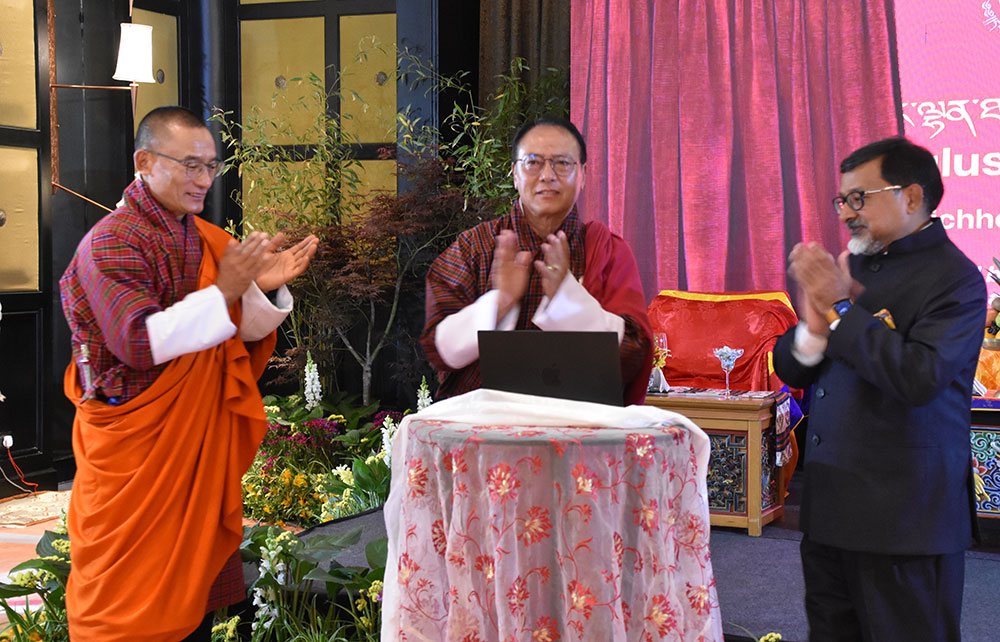
loan moratorium on import of vehicles and construction to be lifted, conditions apply
Prime Minister Tshering Tobgay announced the Nu 15 billion Economic Stimulus Programme (ESP) on May 18 to address the economic challenges faced by the country in the aftermath of the Covid-19 pandemic.
The pandemic had a severe impact on Bhutan’s economy, causing a contraction of -10.2 percent in 2020. “We are facing a combined crisis of worsening macro-economic growth prospects and macro-fiscal position as a country, setbacks caused by the pandemic,” the Prime Minister said.
A dedicated ESP secretariat will oversee implementation, and a review of enabling policies is underway.
The Government of India is supporting Nu 15 billion ESP. India’s Ambassador to Bhutan, Sudhakar Dalela announced the immediate release of Nu 2.5 billion for the first tranche of the ESP at the launch.
The ESP aims to revive key sectors, create jobs, and improve overall economic health.
The Prime Minister said that the ESP will provide low-interest loans, loan deferment options for businesses, and livelihood support programmes.
He added that the ESP will address the high non-performing loans of 7.1 percent and improve liquidity in banks. Subsidised loans would be made available for farmers, cultural enterprises, CSI, startups, youths to pursue education, home ownership, especially for civil servants, and businesses under distress.
To boost tourism, the Prime Minister said that ESP will invest in tourism infrastructure, develop new tourism products, and introduce subsidised air connections to attract visitors. He added that Bhutanese festivals will also be celebrated in key Indian cities to promote tourism.
Creation of craft bazaars and night markets and enhancement of existing products and development of new products including enhancing roadside amenities are other plans.
The Prime Minister also said that the plan will focus on youth employment, a major challenge with a 28 percent unemployment rate. Skills training and support for entrepreneurship included in the ESP is expected to create new job opportunities.
The ESP will also prioritise agriculture, cottage and small Industries, and the creative sector through targeted investments and financial support.
The ESP is expected to benefit all Bhutanese, including businesses, farmers, and youth. It aims to improve economic performance, create jobs, and strengthen the foundation for long-term fiscal sustainability.
Finance Minister, Lekey Dorji said that the ESP will improve liquidity, foreign reserves, promote business opportunities, generate employment, help farmers, travel businesses, hotels, restaurants, transport, aviation industry, build human capacity through skills and training, and strengthen fundamentals of economy and stabilise and achieve fiscal sustainability.
Prime Minister said that collective effort from all stakeholders is important for the ESP to succeed and ensure a swift economic recovery.
Meanwhile, the Prime Minister announced that the moratorium on housing and construction loans will be lifted by July 1, 2024 and the moratorium on import of vehicles by August 18, 2024.
However, he said that the Royal Monetary Authority will come up with a set of criteria which the financial institutions will have to follow on import of vehicles.
The Prime Minister urged the public to not place vehicle order now as the study is underway on import of the vehicles and the carrying capacity of vehicles in the thromdes. Similarly, he added that it would also apply to the construction loans.












